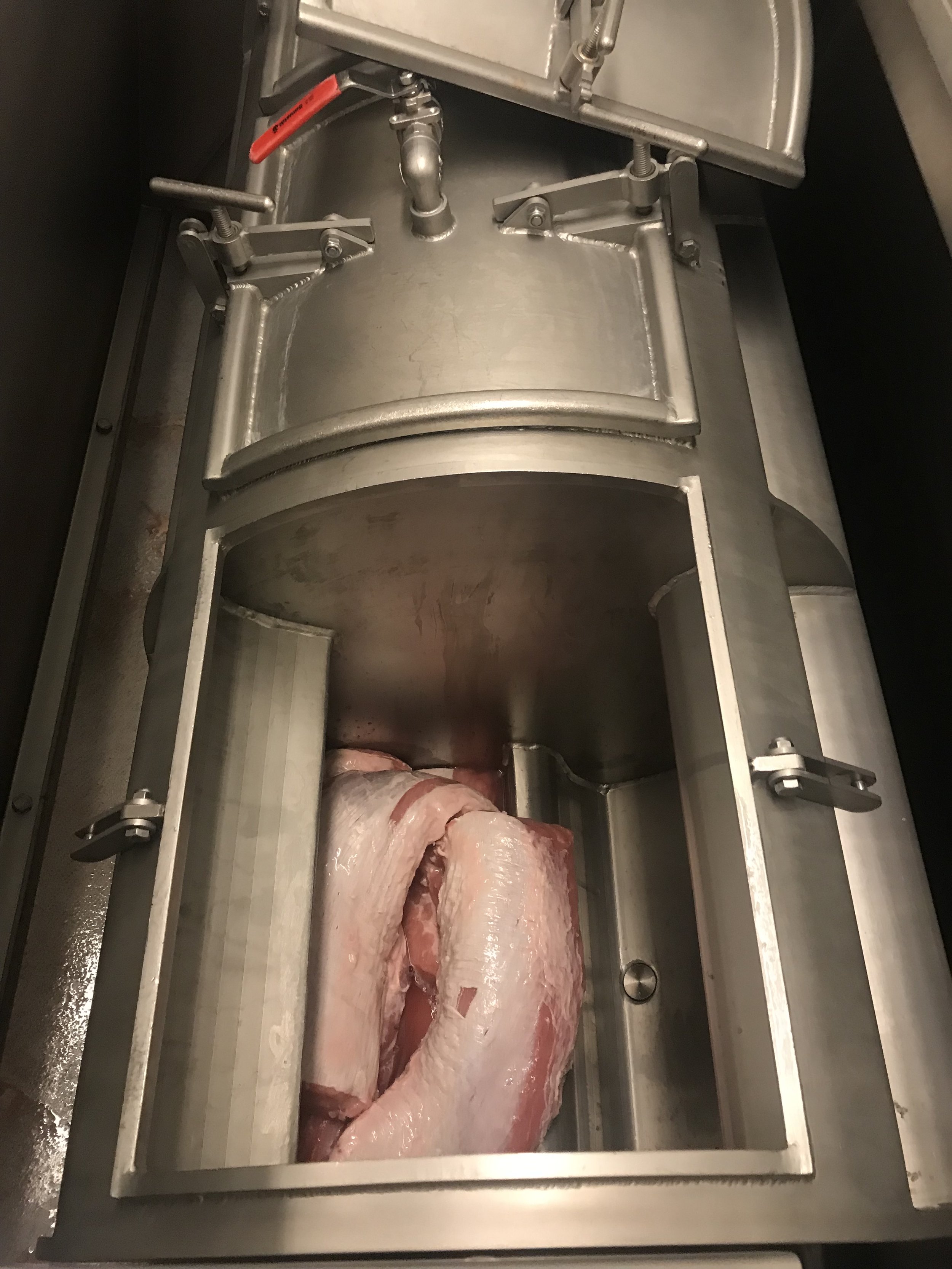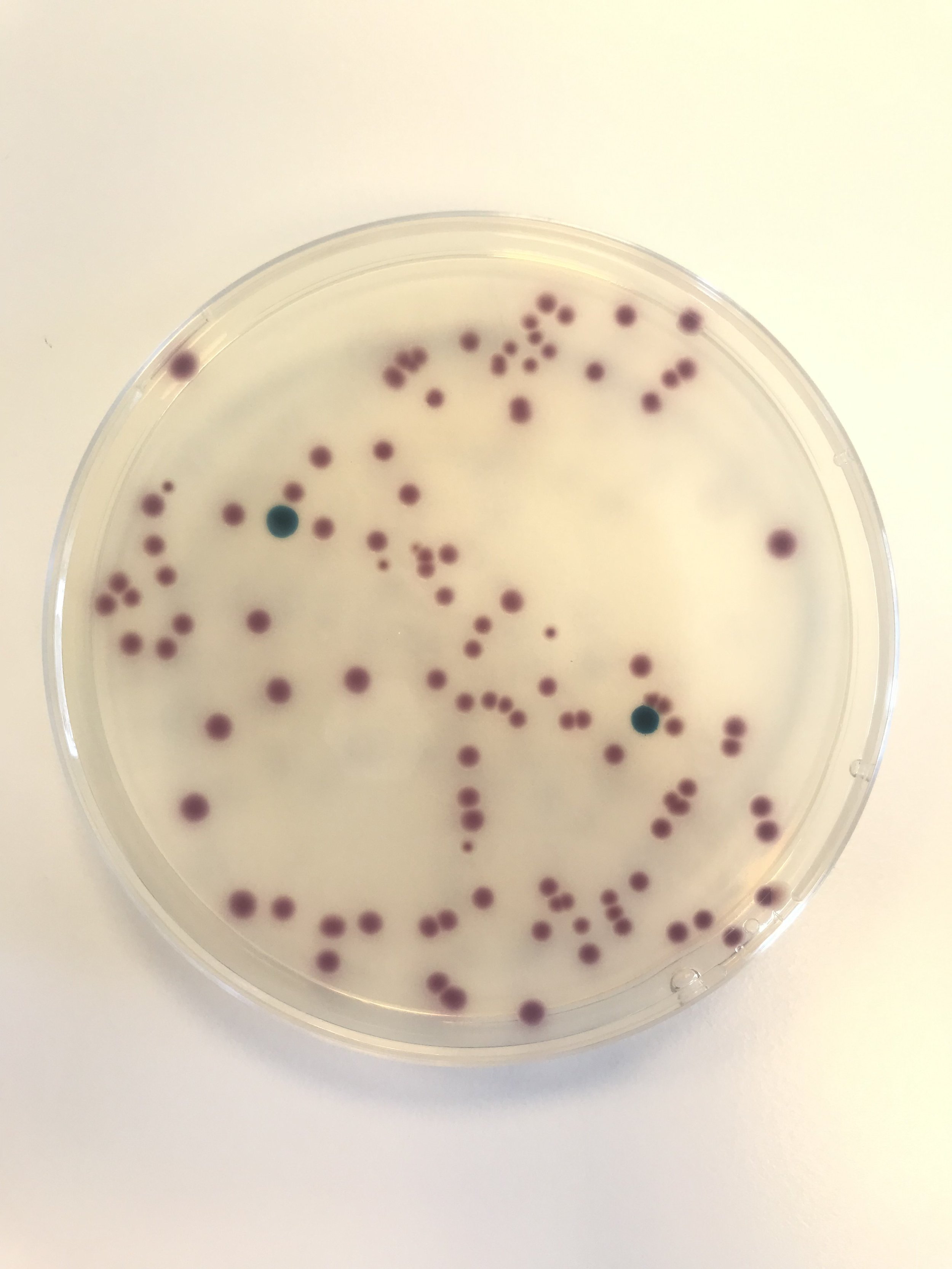Graduate Research Scientist
Danish Meat Research Institute (DMRI) & Department of Food Safety and Zoonoses, University of Copenhagen, 03/2019 - 02/2020
Introduction
• Yersiniosis is the fourth most common reported zoonosis in 2018.
• Predominant bioserotypes found in Europe and across the world are O:3/4, O:8/1B, O:9/2, O:3/3 and O:5, 27/2.
• Y. enterocolitica is extensively studied in the aspects of molecular epidemiology but relatively insufficient data is available on growth kinetics of pathogenic Y. enterocolitica in food matrices and laboratory media conditions, lacking comprehensive knowledge of its virulent behavior under low temperatures.
• This research contributes to understanding this complex pathogen by focussing on the preservation conditions, growth behavior, and cryotolorence of this pathogen in the pork industry.
Objective of the study
To study the strain variability of Y. enterocolitica bioserotypes by analysis of growth rates using optical density (OD) data using high throughput screening (bioscreen).
To investigate the influence of physicochemical parameters (temperature, pH, salt, and nitrite) on growth of Y. enterocolitica bio-serotypes (20 pure cultures studied on laboratory medium.
To test the strain variability of Y. enterocolitica on pork products.
Achievements
Spearheaded research project to study 20 lethal variants of a food-borne bacteria through laboratory research and scientific literature review.
Improved quality of pork products by providing qualitative and quantitative validation for mathematical models used in prediction tools.
Boosted risk awareness in the community by presenting comprehensive results to scientists, microbiologists as well as industry stakeholders.
Counseled modern solutions to upgrade existing techniques to enhance product safety based on the research outcome.





